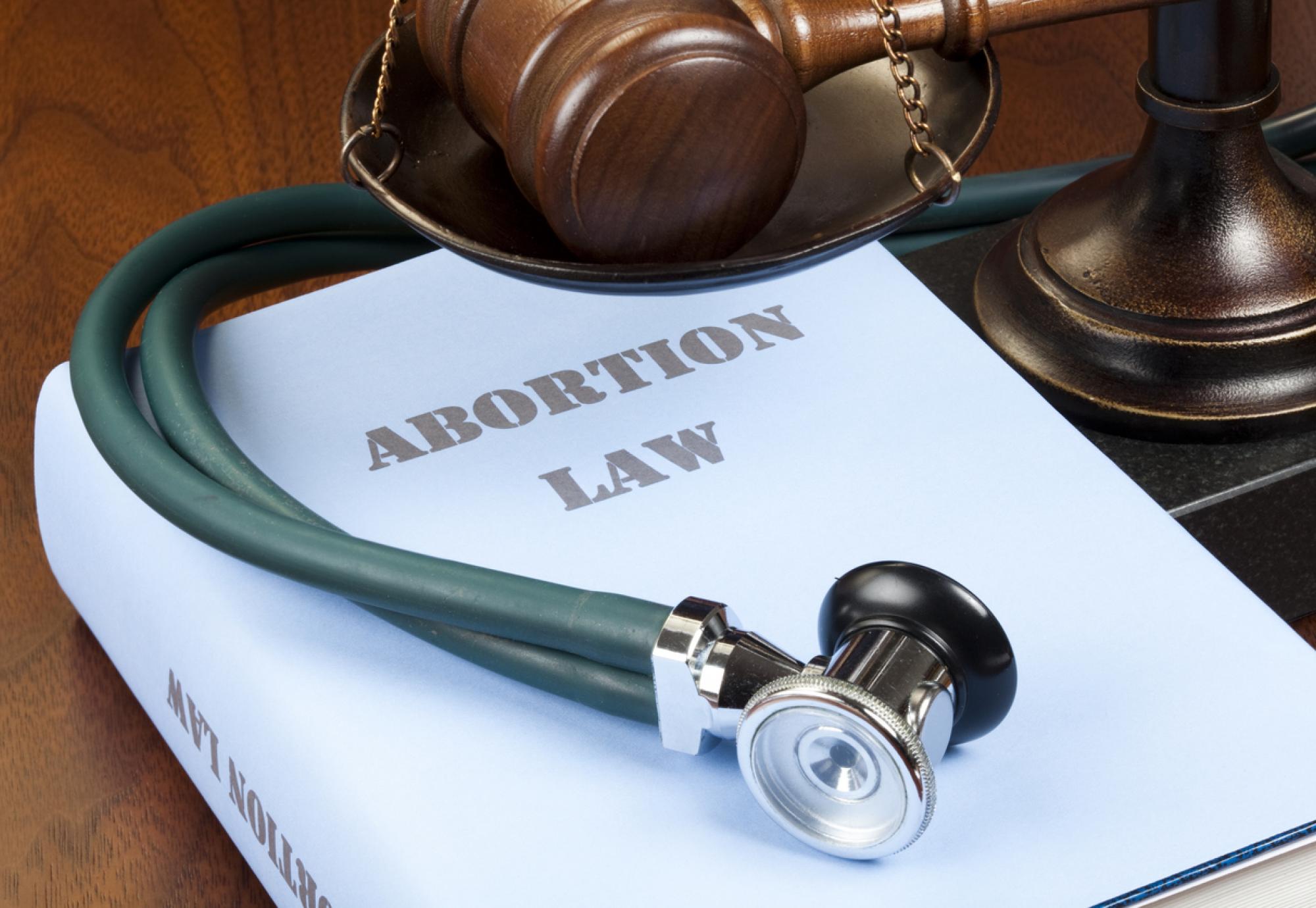Access to early medical abortions is set to be made permanent for women in England and Wales, following new legislation that will come into effect at the end of the month.
From the 30th of August, the Abortion Act will be amended to afford women access to pills for early medical abortions via a teleconsultation – women will also be able to take both abortion pills at home up to a gestation period of nine weeks and six days.
This update comes after abortion clinics in the independent sector in England were reapproved, further securing the rights of women over their body autonomy and ensuring they have open access to abortion services up and down the country. The approvals will last until the 31st of July 2026.
Minister for Public Health, Maggie Throup, said: “The wellbeing and safety of women requiring access to abortion services is paramount. With these measures women will have more choice in how and where they access abortion services, while ensuring robust data is collected to ensure their continued safety.”
In order to evaluate the efficacy of the at-home early abortions, doctors will be required to record data on the place of termination, place of consultation, and whether or not the consultation was fully remote. This information will then be analysed to investigate any potential trends in abortion provision as well as monitoring patient pathways.
Doctors will also be tasked with ensuring, in “good faith”, that the abortion patient’s gestation period is below nine weeks and six days for pills prescribed for home-use, as well as seeing if one or both pills have been taken at home.
The Royal College of Paediatrics and Child Health are also set to publish new guidelines, especially dedicated to safeguarding any under-18s accessing abortion services.
The guidance is set to be released in due course and is expected to reinforce the principle that every young person deserves access to early medical abortions in a timely and efficient manner, and for the service to be delivered in a way that reflects how the providers have considered the complex and unique safeguarding needs of the young people accessing it.
More information on the new legislation is available here.



















